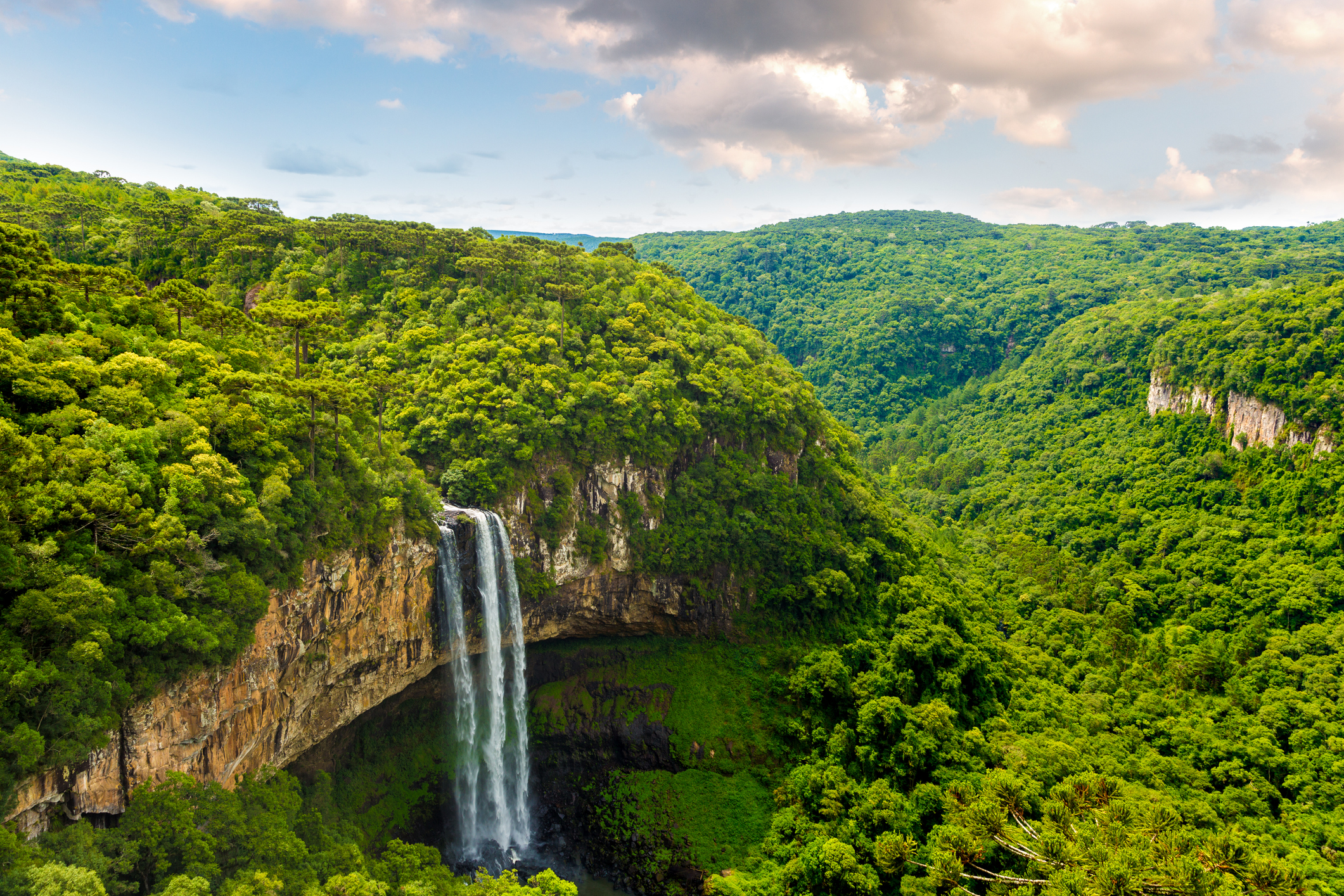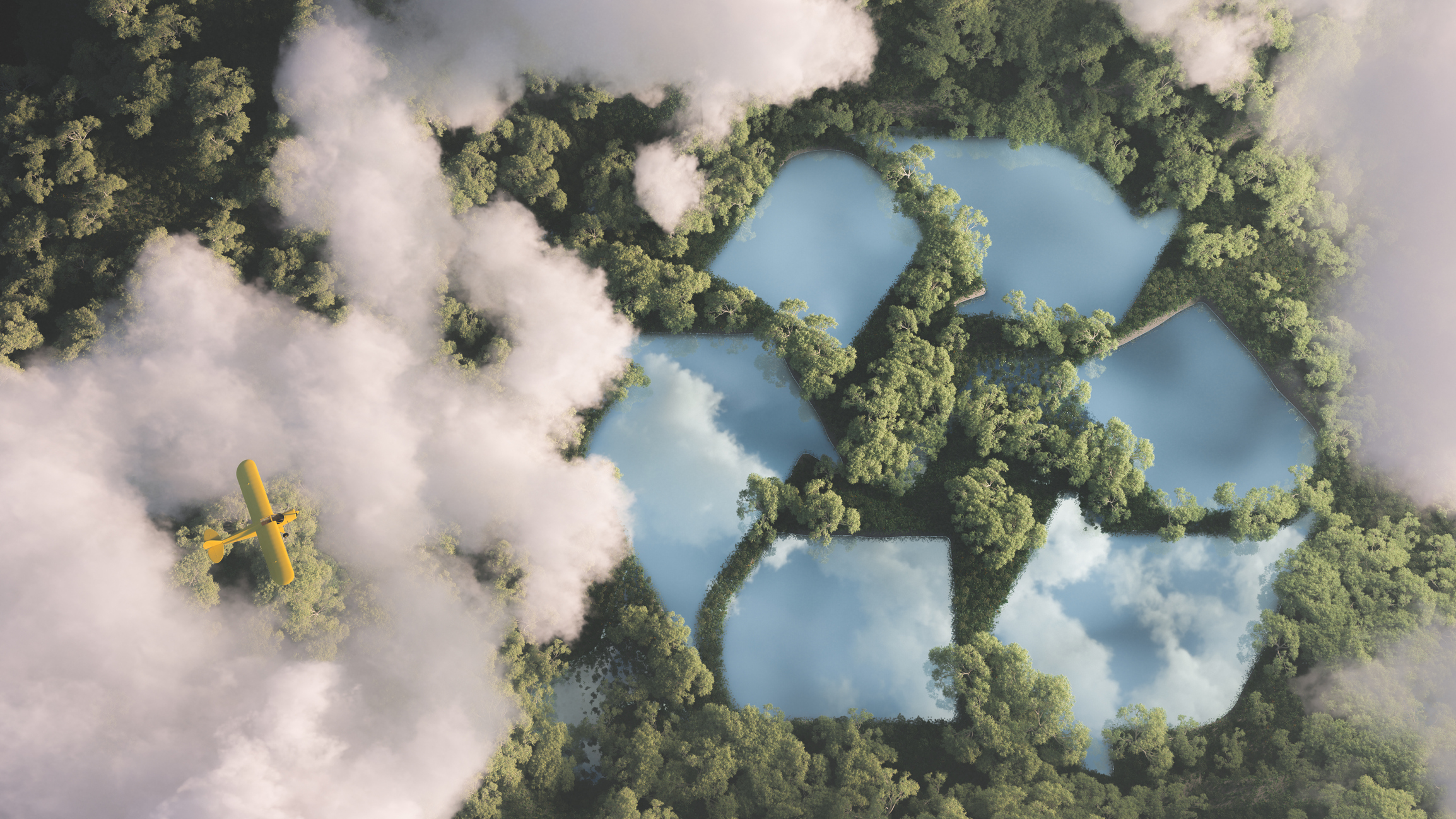What does an ethical and responsible group trip mean?
First and foremost, an important clarification is needed: through Globex Adventures, we have made it our mission to engage as much as possible in this large-scale global project to safeguard our planet, an objective so close to our hearts that it has now become a cornerstone of our professional journey. However, we will never claim or believe that we are 100% eco-responsible and therefore cannot consider ourselves a perfect example in this field.
First, because the reality of our world shows us every day that there is still much to be done to, for example, improve our human interactions... Let's acknowledge that this makes our job even more exciting and thrilling than it already is!
Also, because each person has their own definition and vision of what such a project involves; and above all, everyone imagines in their own way how the objective should be carried out or achieved, what the priorities should be, etc.
It’s impossible to derive a single "miracle" method, so we offer you ours, while remaining open to your suggestions as well…
Perfection does not exist, but nothing prevents us from trying to get closer to it…

What lies behind the concept of ethical travel?
Many of us have already noticed that our world has radically changed in recent years and that we seem powerless in the face of this climate chaos. Many of us have learned from the past years and have turned even more towards the protection of mankind and nature. We have even sometimes been inspired by those unimaginable and almost "timeless" moments to reshape our way of thinking about our daily lives…
And for some of us, our way of traveling has already evolved, and we now interact even better with the populations of the countries we discover, convinced that the benefits of these adventures must be shared equally and that our planet will be better for it... or at least no worse!
The principle of "ethical travel" has, let's admit, become quite "trendy" in recent years; and at the same time, it still seems quite complex to truly grasp. Few of us would actually be able to describe its exact mechanisms, and we won't attempt to establish a precise definition of this phenomenon ourselves. Instead, we’ll simply try to outline and summarize what lies behind this way of thinking.

"Ecotourism," "green tourism," "sustainable tourism," "responsible tourism," or even "slow tourism": whatever name is given or heard here and there, this neo-concept now flourishes on every travel agency website or in every article dedicated to the subject. Not a day goes by without it being mentioned, even claimed!
To the point where anyone can freely give their own definition, making the concept rather vague and even downright abstract for most of us.
But let's reassure ourselves and simplify things, as it seems there’s a conclusion to all this: the idea of sustainable tourism actually takes on multiple forms, which often converge due to the values they embody and spread. In simple terms, "responsible travel" would primarily be about caring for human and animal causes in general, environmental causes, or the social and economic cause of a country… or all three at once!
In a way, it’s adopting and choosing the attitude that will respect the local populations, their cultures, and their environment the most, while also benefiting them economically.
How to move towards ethical and responsible travel?
Whether they are biologists, oceanographers, explorers, modern adventurers, or even anthropologists, all are unanimous and agree on repeating that our approach to travel must drastically change, or we risk losing everything around us that allows us to breathe, drink, eat, and therefore live, nothing more, nothing less!
This is an established and unavoidable fact: we can no longer act as we did before, and things must evolve… But all is not lost, quite the opposite, this is an opportunity for us! Because "yes," it is more possible than ever to travel with human and environmental consciousness. And this is only possible by empowering and strengthening the role of explorers like you and me, who wish to evolve our world towards more equity.
So let's continue educating ourselves, again and again, to raise more awareness, because after all, " education is the most powerful weapon we can use to change the world. " (Nelson Mandela)
If we want to be part of this "green revolution" and thus act for the well-being of our planet, our primary mission, within the framework of our expeditions, is therefore to do our best and take every possible action to reduce our impact during our travels…
"Doing our best" because let's be honest, we won’t become 100% eco-responsible overnight: that doesn’t exist!
However, this sad reality doesn’t seem enough reason to remain inactive and not try to improve things… each at our own level. Because contrary to what is sometimes fashionable to think, habits evolve, and at Globex Adventures, we firmly believe that it is possible to continue discovering our planet Earth while minimizing our impact at the same time.

But in this jungle of opportunities and actions that can be implemented, sometimes we don’t know where to start to feel useful quickly. Our approach, despite the urgency, would be to start in the simplest and humblest way possible, at a scale that we can all achieve, without it requiring an excessive effort…
And even though we certainly don’t pretend to tell you what you should do, and while we share the idea that it’s certainly up to each of us to travel and explore with a clear conscience, we do think that nothing beats sharing a few tips that we believe are effective for perfecting your future discoveries. So, we’ve listed a few fundamental principles here that will be easy for you to implement during each of your trips – if that’s what you wish:
Tips
First, learn about the country you are going to visit, if possible even before you go: through its population, languages, religions, and cultures, and the rules that apply locally. For example, know what is appropriate or acceptable to do or not do, and try to master what is commonly called the "body language."
Dress modestly and, of course, respectfully when visiting religious sites, and also check what the appropriate swimwear is for pools or beaches.
By choosing local accommodations and eateries (rather than those run by multinational corporations), you will help develop the local economy. "Eating local" will also be an excellent way to discover the country and its culinary specialties.
By using local public transport, renting a bike, or even walking whenever possible (and safe), you will have a much easier time meeting and getting to know local residents who will be happy to help you discover the area.
When buying souvenirs, opt for traditional artisan shops and check whenever possible that the items are produced locally (rather than imported). This will contribute to the survival of traditional craftsmanship and, again, the development of the local economy.
It’s also useful to know that while bargaining is part of the customs in certain countries, keep in mind that a few euros/dollars for you can represent a significant and not insignificant sum for the seller facing you.
Be alert and cautious when you want to give money to a beggar or offer a gift to a child or people you've just met. Helping the community by contributing to a development project for a school or clinic will be far more constructive and rewarding.
Nothing stops you, once you're back home, from being inspired to think about how you could support programs or organizations that tirelessly work to enhance well-being and protect the culture and environment of the country you've just explored.
Avoid visiting markets, "farms," or other zoos and aquariums that exploit endangered species. Instead, opt for experiences in preserved or protected areas where there is genuine control and regulation, and where animals are free to be observed... or not!
Also, steer clear of tour operators who guarantee you’ll see specific wild animals, even promising a refund if you don’t. There is nothing serious about that, and the animal you spot will certainly no longer be wild!
Finally, remove from your "to-do" list shows that, under the guise of ancient traditions, encourage cruelty towards animals (bullfights, circuses, etc.).
Leave no "trace" of your visit… and simply take care of the local environment as you would in your own home.
Leave nothing behind, especially in areas far from cities, where there is often no efficient waste collection system, for example.
Look for alternatives to plastic whenever possible and categorically refuse to use plastic bags, as they will inevitably end up in our oceans one day or another.
As for cigarette butts, a simple, discreet, and lightweight box will do the job perfectly.
Examples of what we implement at Globex Adventures for ethical and responsible travel
From a very personal perspective, beyond doing good for the planet, it’s also about giving meaning to my professional life, aligning it with what I’ve already started in my private life – for example, making sure not to take my son to a zoo or aquarium or to attend a circus performance that still uses animals for its "show"… Of course, these examples only reflect my personal views; but these principles contribute so much to my fulfillment and personal satisfaction in adding my little "stone to the building" that I’ve simply decided to extend it to my professional life.
Our policy regarding partnerships with "green labels"
Don't search for it; you won't find any certification label on our website or e-brochures stating that we practice sustainable and responsible tourism...
We indeed primarily embrace the principle that this approach must be voluntary, personal, and without constraint. And since it is a free choice we make to act at our scale within Globex Adventures, there is no need to certify what no one is forcing us to implement.
Another reason: there is an innumerable number of certifications and just as many organizations offering various sustainable tourism labels – all of which are obviously "guarantees of eco-responsible quality" – and it has become impossible to navigate or differentiate the true from the false.
In our opinion, the best guarantee we can offer you regarding our responsible commitment remains the effectiveness of the projects we implement during our trips, in your presence and with your help and support.
Our "zero-profit" solidarity policy
My first decision as the founder of Globex Adventures was to reinstate what I had already decided to establish in the past: namely, not to apply any margin on the "solidarity project" of our trips.
It is both a satisfaction for us and a guarantee for you that we are committed to working alongside you to successfully complete your project; because, while we may not be the primary actors (which you are), we consider ourselves a link contributing to its realization.
We don’t just claim that we make no profit from this specific part of your adventure; we also proudly provide you with a separate "invoice" solely dedicated to your project. This transparency towards you seems as useful as it is natural.
To be completely thorough, it is important to note that the vast majority of people we involve in your solidarity and social projects are themselves from the local communities where you stay.
Beyond the fact that it seems essential to involve the local residents who wish to participate and to benefit from additional human interaction, the carpenter, painter, or plumber assisting us unfortunately cannot afford to volunteer, and we believe it is fair and equitable that they are properly compensated for their work and assistance.
While Globex Adventures is happy to contribute to your project without making a profit, we do not wish to engage in any form of volunteerism from those who greatly need the money to feed their families.
In summary, by choosing to offer or participate in such an initiative, you control your level of involvement based on your desires and/or financial capabilities, and we provide you, in return, with all the guarantees that every penny will be spent on your specific project.
The choice of our local partners
More broadly, we systematically do our best to respect our commitments by selecting Globex Adventures' local partners based on two main criteria: the quality of the services provided and their ethical commitment.
But the reality often catches up with us, and it’s not always easy to get both at the same time… It’s impossible for us to demand that the establishments with which we organize your stays regularly adapt to all our wishes regarding "ethical" rules. This is often not just about willingness (or unwillingness), but primarily about feasibility; because we must face the fact that our local partners unfortunately cannot always act and get involved as much as we would like, as the economic impact can sometimes be quite significant for them.
So, it would be a lie (or a utopia) to claim that we can control every link in the chain of your trip's organization, from start to finish.
However, we highly appreciate establishments that prioritize employing local communities, ban single-use plastic, adopt selective waste sorting policies, responsibly manage cleanliness within their facilities (by, for example, only using products that care for the planet), or have their own vegetable garden for use in their restaurant.
Small actions for our planet…
One of the most striking phrases of the 20th century reveals these few words: "one small step for man, one giant leap for mankind" (Neil Armstrong, 1969). So, we too adopt small actions that we hope will be a big change for the planet:
We will not distribute "business cards" because at Globex Adventures, we consider them outdated and completely unnecessary today: a simple and quick way to avoid the massive destruction of our forests.
The same goes for brochures presenting our trips: as the era of all-paper is over, they become e-brochures and will only be available online, which also allows us to update them as often as needed.
You can help us…
Let's admit it, we can easily agree that in recent years, there has been a broad awareness that we must act...
We are obviously pleased by this, and Globex Adventures is continually trying to come up with other ideas or projects to implement in the trips we offer you.
But perhaps you also have particular solidarity dreams; if so, don’t hesitate to share your desires with us so that we can collaborate together and do everything possible to satisfy you, because thanks to you as well, we will improve and grow more and more...
In summary
To conclude this chapter, we could say that "traveling" is certainly thrilling and exciting, that’s a fact! It’s most likely for this reason that we are so eager to discover new places…
But we must all keep in mind that the world’s most powerful industry can also dictate the behavior of certain countries and governments when it comes to the treatment of their citizens and/or indigenous populations, the consideration of wildlife, forests, or oceans, to name just a few examples…
This means that as travelers, we as a community have a truly significant influence and power that we should no longer neglect; because the repercussions of our actions go far beyond our personal concerns.
By cultivating our role as Earth citizen-ambassadors who prioritize living beings above all else, we will improve the living conditions of all of them on our beautiful planet.
For us, members of Globex Adventures, it all starts with the idea of organizing tailor-made expeditions for you, in accordance with your desires, but our approach is also responsible and primarily focuses on preserving human exchanges; because by considering and respecting our counterparts, we automatically respect their environment as well.
